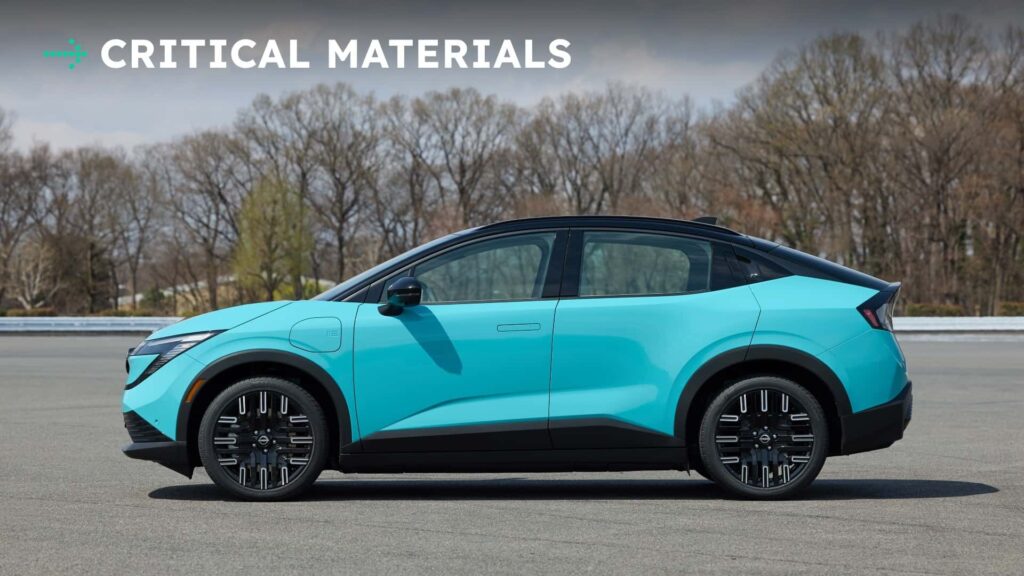The U.S. electric vehicle market is facing a new challenge as the $7,500 federal tax credit comes to an end. This means that automakers will now have to rely on the merit and price of their EVs to attract customers and ensure profitability. However, a recent poll shows that Americans are still open to purchasing EVs if discounts are available. The good news is that carmakers are already offering price cuts and incentives to entice buyers.
Despite concerns that EV sales may decline without the tax credit, there is still hope for the market. A Harris Poll revealed that the majority of respondents would consider buying an EV if the price was right. Incentives play a crucial role in EV adoption, as affordability remains a top concern for buyers.
Automakers like General Motors and Ford have found creative ways to extend the use of the federal tax credit by purchasing EVs on dealer lots through their financing arms. This helps lower the purchase price or monthly lease payments for customers. Additionally, Hyundai has slashed the price of the 2026 Ioniq 5 by over $9,000, making it more competitive in the market.
Rivian is also offering lease deals with a $6,500 rebate on select models, while Nissan has introduced a new Leaf with over 300 miles of range and a $30,000 starting price. The next-generation Chevy Bolt EV is also on the horizon, along with a more affordable Model Y from Tesla. These affordable EV options are expected to drive continued growth in the industry.
However, the push to increase EV market share comes at a cost to automakers’ bottom lines, especially amidst rising tariff costs. Despite these challenges, the industry remains resilient, offering attractive deals to customers. The competition is heating up as brands like Tesla, Hyundai, GM, Nissan, Ford, and Toyota vie for dominance in the affordable EV segment.
In other news, some Tesla investors are pushing back against CEO Elon Musk’s trillion-dollar compensation plan, citing concerns about declining operational and financial performance. Meanwhile, Chinese automaker BYD has seen a decline in sales for the first time in five years due to increased competition and government intervention.
Overall, the electric vehicle market is at a critical juncture, with affordability, incentives, and technological advancements driving consumer demand. As the industry continues to evolve, it will be interesting to see which brands emerge as leaders in the affordable EV segment.

